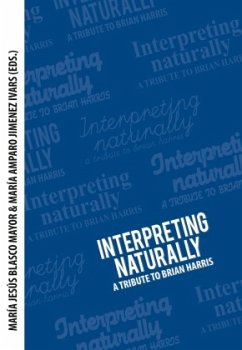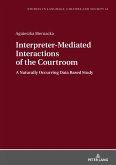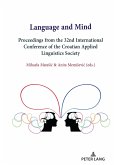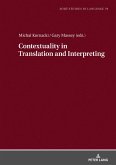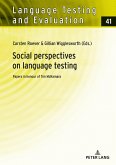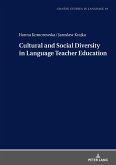In this book, we aim to bring together seminal approaches and state-of-the-art research on interpretation as a tribute to Brian Harris' influential legacy to Translatology and Interpreting Studies. Whenever Harris has sat down to reflect and write, he has paved the way to new approaches and promising areas of research. One of his most outstanding contributions is the notion of natural translation, i.e., the idea that all humans share an intuitive capacity to translate which is co-extensive with bilingualism at any age, regardless of language proficiency. This contribution has proved pivotal to translation and interpreting research. In a world where most individuals speak more than one language, and therefore millions of translational acts are performed every second by untrained bilinguals, the concept of natural translation provides the arena for T&I scholars to discuss issues directly related to or stemming from it, such as bilingualism, language brokering, community/public service and diplomatic interpreting, all of them paramount to interpreting research and the future of the profession.
Bitte wählen Sie Ihr Anliegen aus.
Rechnungen
Retourenschein anfordern
Bestellstatus
Storno

